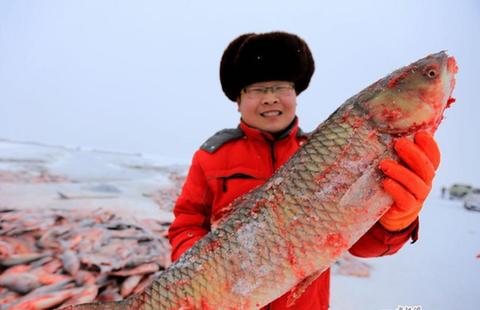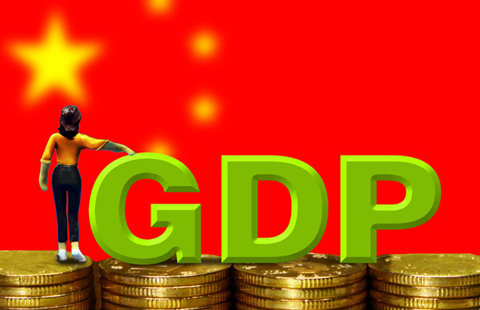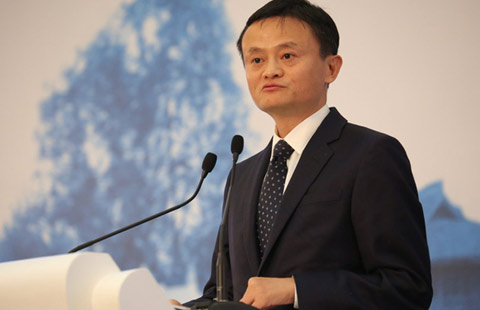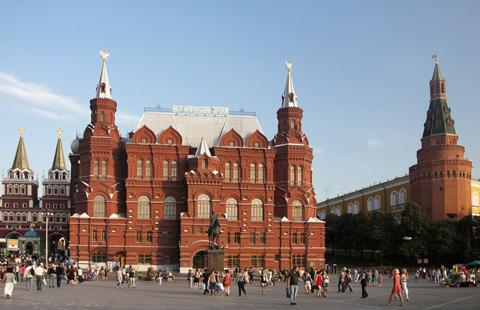China's December PPI down 3.3%
(Xinhua) Updated: 2015-01-09 10:24Warm weather and adequate supplies pushed food prices down 0.4 percent month-on-month.
The cost of items in the CPI basket other than food slid 0.1 percent from October, the first drop in three months, as global oil prices weakened.
"Consumer prices may remain low, and the full-year CPI is expected to be 2 percent, much lower than the 3.5 percent target," said Lian Ping, chief economist at Bank of Communications Co Ltd.
"The CPI may continue to ease next year."
The NBS also said that the Producer Price Index sank 2.7 percent year-on-year in November, the largest decline since July 2013. The index has been negative for 33 consecutive months-the longest period of deflation in 30 years.
Deepening industrial deflation is difficult to curb in the short term, experts said, because the prices of raw materials, including oil and natural gas, may remain soft around the world.
Liu Ligang, chief economist in China at Australia and New Zealand Banking Group Ltd, said that the central bank is likely to cut required reserve ratios by year-end to curtail deflation risks.
"The weak PPI means Chinese enterprises are struggling amid the economic slowdown. Their profits will drop further as their debts surge," said Liu.
The People's Bank of China, the central bank, cut the benchmark interest rates in November. But the cuts were asymmetric, and deposit interest rates and interbank market rates remain high.
- Ping An buys another London landmark
- Profit warnings proliferate as developers file results
- Fund to foster economic ties with ASEAN
- Ministry vows stricter air quality inspections
- US tax on Chinese PV products violates WTO rules
- Confidence in Chinese, regional economies increasingly hinge on reforms
- Capital outflow risks 'manageable'
- Online purchase complaints increase
















